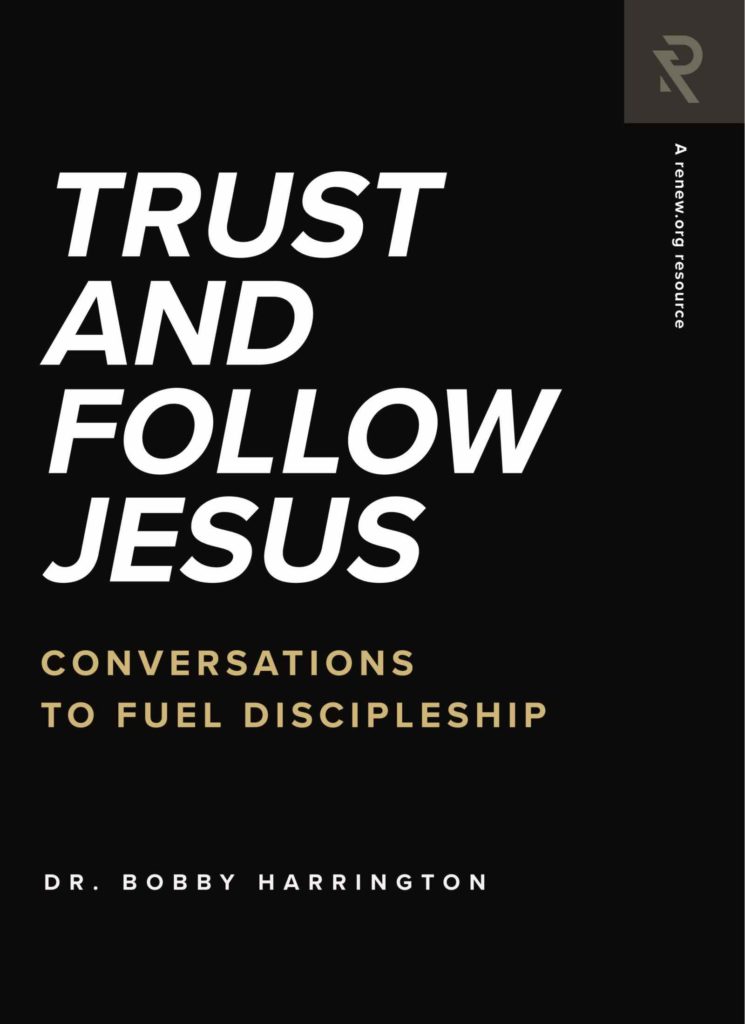
How Do I Know My Love Isn’t Just an Act?
There’s a riches-to-rags, glory-to-gags story called The Picture of Dorian Gray, written by Oscar Wilde. Dorian and Sibyl would have made a gorgeous couple—he the enviably handsome gentleman and she the talented and beautiful stage actress. But after they fell in love, Dorian decided to bring a couple of his high society friends to watch her next performance. Strangely, her acting was disappointingly wooden and lifeless. After having talked her up to his friends, Dorian was embarrassed.
Afterward he confronted her. Why had she humiliated him with such a poor performance? But it wasn’t something she could help, she explained. Before she had met Dorian, acting was not difficult, because acting was all she knew. Depending on the evening, she could pull off Cordelia or Rosalind or Juliet and win the heart of everyone in the audience. But now she had won Dorian’s heart, and that was all she needed anymore. Now that she knew real love, she could no longer get excited about pretend love. Sibyl explained to Dorian, “You taught me what reality really is. Tonight, for the first time in my life, I saw through the hollowness, the sham, the silliness of the empty pageant in which I had always played.”
But the warmth of her passion met a subzero January gust. If she couldn’t act, he wasn’t interested. “I would have made you famous, splendid, magnificent. The world would have worshipped you, and you would have borne my name. What are you now? A third-rate actress with a pretty face.”
“You are not serious, Dorian?”
He was. “You have killed my love. You used to stir my imagination. Now you don’t even stir my curiosity. You simply produce no effect.”
Sibyl was tragically correct about Dorian: he really had taught her what reality really was. In the end, even as her acting blossomed into real love, his love cracked to reveal an inside of hollow rot.
It is scary how possible it is for one’s love to be exposed as merely an act. Sometimes all it takes is the disappointment that closeness makes inevitable. It’s as if loving people is no more serious than blowing soap bubbles into the air and trying to catch them. The closer you get, the bubble will pop. And the moment it pops, you’re on to your next bubble.
If after you disappoint me, I respond, “You have killed my love,” then it wasn’t love that was killed. It was merely an act.
The Bible word for actor is “hypocrite.” The prefix hypo means “under,” signifying how actors performed “under” a mask. The Greek word hypokrites (stage actor) was the origin of our English word hypocrite.
We adore actors and actresses. Why? Well, for one thing, they’ve got tons of talent. But hey—so do diesel mechanics and civil engineers and AP history teachers. We quote actors’ lines, value their political opinions, and follow them on Twitter not just because they’re talented. It’s also because they act out stories which we find more compelling than reality. And not only do they tell stories we like better than our own; they make those stories believable.
We try to do the same thing ourselves. We act out stories we like better than the real thing. Even we who wouldn’t aspire to a chorus part in the middle school play still make drama a habit.
And what better story do we most like to portray? It’s called “love.” We love for people to think we’re loving. Yet, as the Apostle Paul reminds us in Romans 12:9, it is totally possible for our love to be merely an act.
Paul writes, “Let love be without hypocrisy.” Don’t let your love be merely an act. How do we make sure that our love isn’t merely indifference under a mask? “Let love be without hypocrisy.” Paul continues with how: “Abhor what is evil; cling to what is good.”
“Abhor what is evil; cling to what is good.”
Abhor what is evil. If, in your friendships, you affirm what is evil, that is not love. If you celebrate what is sinful, your love is an act. Love demands that you hate—no, even stronger—that you abhor the evil you see in your friend. Why? Because if you love the person, you hate that which threatens to destroy the person.
Cling to what is good. This takes discernment. Advantageous and good can be quite different from each other. Like Dorian, some people love only insofar as they get something out of it. It’s the same way that I love Oreos. Underneath the mask of love is often mere enjoyment. Sibyl’s talent on stage was advantageous for society-conscious Dorian. But he did not encourage and celebrate what was truly best in her and for her. When you see what is good in your friend, fan it into flame, whether it’s advantageous to you or not.
We are correct that love is a better story than the bland-at-best interactions we tend to trip our way through. But just because the story is better than reality doesn’t mean that we have to act our way into it. Our love doesn’t have to be a hollowness, a sham, a silly pageant. Real, genuine love is possible. A vibrant core of genuine love can be our reality, not merely the face we use in public.
But the noun can’t be cultivated without a couple verbs. Abhor and cling. How do we get an unhypocritical love? Finding what is evil, we mourn and warn. Finding what is good in others, we celebrate and encourage.









